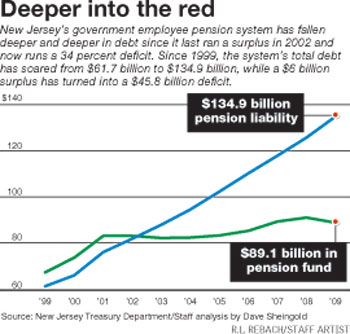New NLRB Made to Order For Big Labor
'Recess' Appointee: Workers Shouldn't Be Allowed to Reject Unions
(Source: April 2010 NRTWC Newsletter)
On February 9, union lawyer Craig Becker, nominated by President Obama to fill one of three vacancies on the powerful National Labor Relations Board (NLRB), turned out to be too radical even for a number of normally pro-Big Labor U.S. senators.
Because of several union-label senators' defections, union lobbyists and the White House fell eight Senate votes short that day of the 60 they needed to cut off Right to Work debate and bring the Becker nomination up for final consideration.
This vote was a significant victory for National Right to Work Committee members and supporters, who had led the fight against Mr. Becker since his selection was first announced last spring, and their allies.
However, top union bosses were furious that, because of well-mobilized Right to Work opposition, Big Labor Senate Majority Leader Harry Reid (D-Nev.) had failed to ram through the Becker nomination.
Almost immediately, Richard Trumka, chief of the AFL-CIO union conglomerate, publicly demanded that the President circumvent the Senate and install Craig Becker on the NLRB temporarily through a "recess" appointment.
Other union bigwigs like Andy Stern, czar of the massive Service Employees International Union (SEIU), were also cheerleading for Mr. Becker. For years, Mr. Becker has served as counsel for both the SEIU union and the AFL-CIO.
Craig Becker: Union Monopoly Should Be Mandated, Even if Most Workers Don't Want It
And on Saturday, March 27, President Obama did the bidding of the union hierarchy by recess appointing Mr. Becker, along with the other union lawyer he has nominated to the NLRB, New Yorker Mark Pearce.





